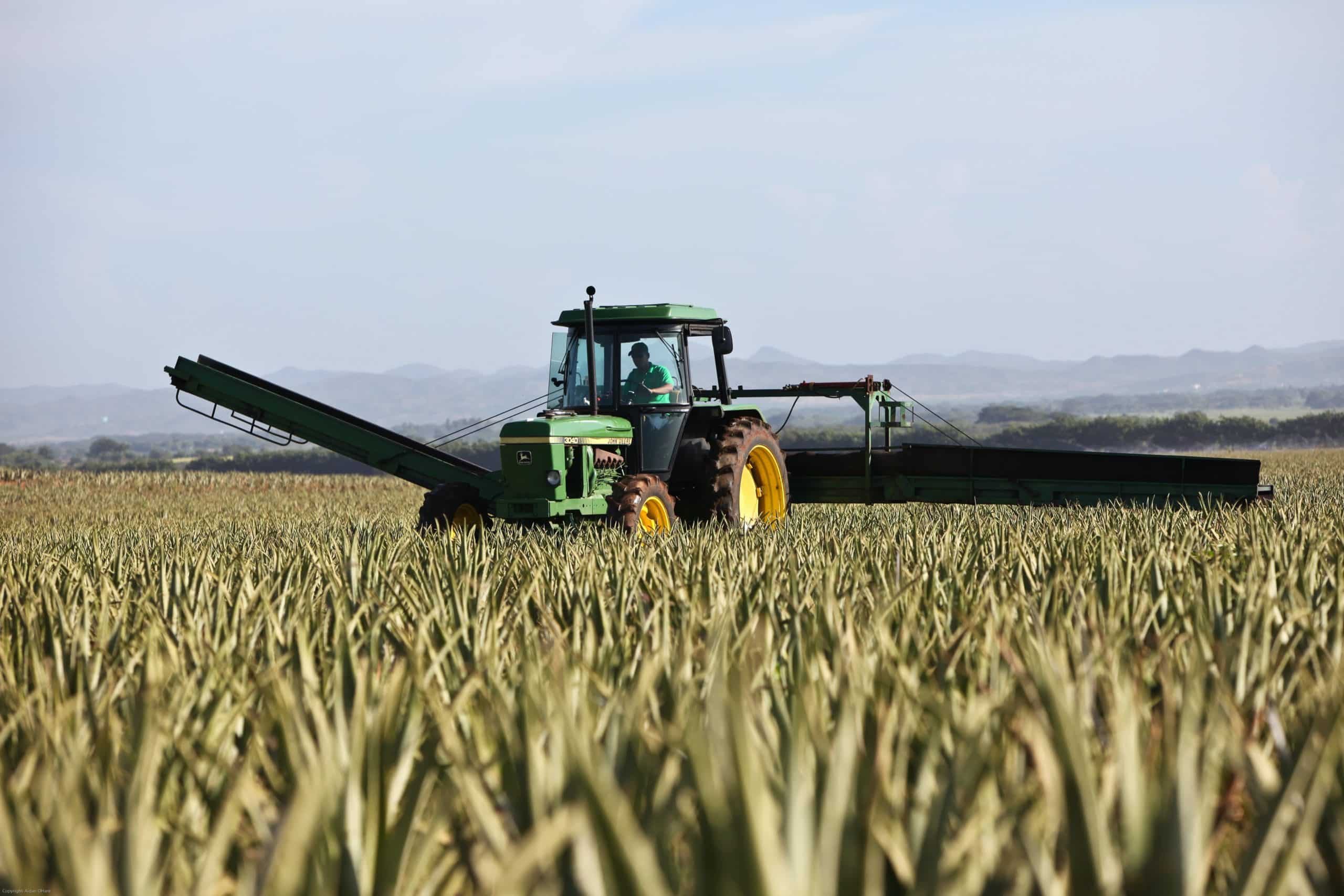Legacy Design Strategies
Omaha, NE, Minot, ND and Iowa Fall, IA Estate Planning and Elder Law Firm
Estate Planning and Elder Law Blog

A will gives people the basic assurance of where farm and personal assets will go at an owner’s death. However, a trust can give you added detail and instruction, plus flexibility to transition your farm in the manner you intend.
The LeMars Daily Sentinel’s recent article entitled “Trusts can serve as important estate planning tool for farm families” says that a trust is a very useful and flexible tool for estate planning. However, it’s most likely the most underused estate management technique.
A trust is essentially the creation of another entity to hold title to assets and then writing the rules as to what should happen with those assets, while so held.
An experienced estate planning attorney will help you decide if a trust is necessary in your specific family situation. More complicated situations with multiple generations and rights of ownership and management can make a trust a wise choice.
Some of the common mistakes people make with trusts include forgetting to retitle assets into the trust now or by beneficiary designation, so they will become part of the trust at death, and making certain the parties comprehend the types of tax liabilities based on the type of trust that is created. There are two main types of trusts—living and testamentary trusts. A living trust is established by a living person, as opposed to a testamentary trust that is created in a will and goes into effect at the time of death. Living trusts can be revocable or irrevocable. Every trust has different stipulations on what the grantor can and can’t control, as well as different types of tax liability.
With the help of an experienced estate planning attorney, a trust can help keep a family member in farming and let the other family members receive ownership in the farm, land, money, or whatever assets the grantor chooses. Due to the fact that farm operations have so many moving parts and expenses, a trust can help make the transition as easy as possible and can accomplish the goals of the grantor.
You should be transparent with family members and tell each one where they stand concerning the estate. Sharing documents and holding family discussions can also help keep everyone on the same page.
Everyone should have a copy of these documents, including a will, power of attorney, or a trust because everyone in the family should know what is going on.
Reference: LeMars (IA) Daily Sentinel (Dec. 29, 2020) “Trusts can serve as important estate planning tool for farm families”

Get Started Today
Book your Free Estate Planning Consultation Now
Stay Up-To Date
Subscribe to Our eNewsletter
9859 South 168th Avenue,
Omaha, NE 68136
7 Third Street SE, Suite 202,
Minot, ND 58701
320 North Oak Street, PO Box 295,
Iowa Falls, IA 50126
